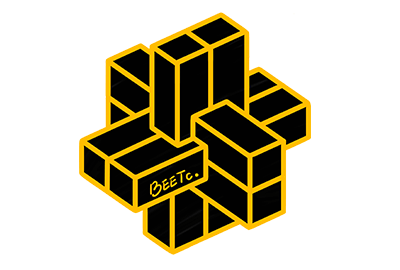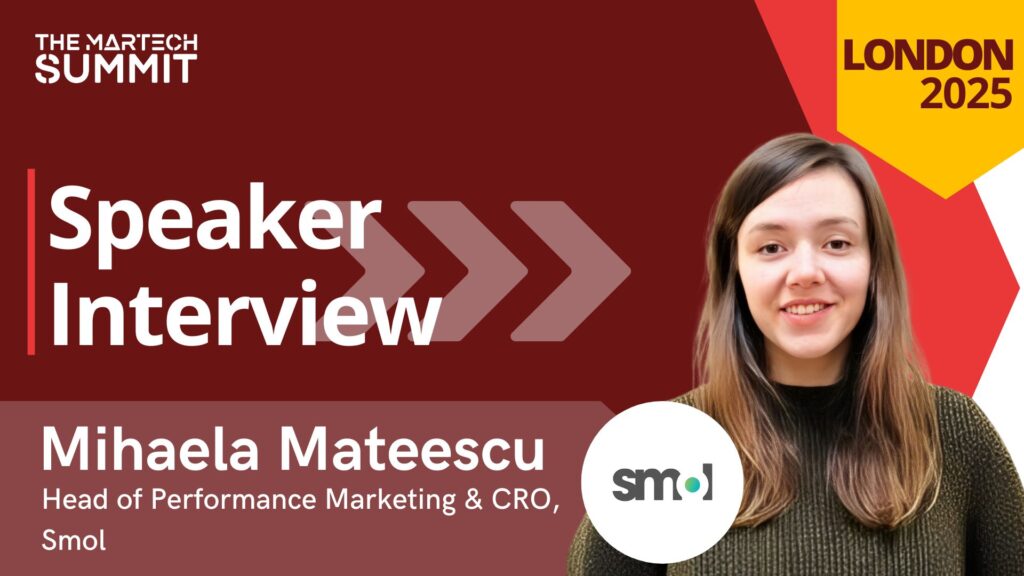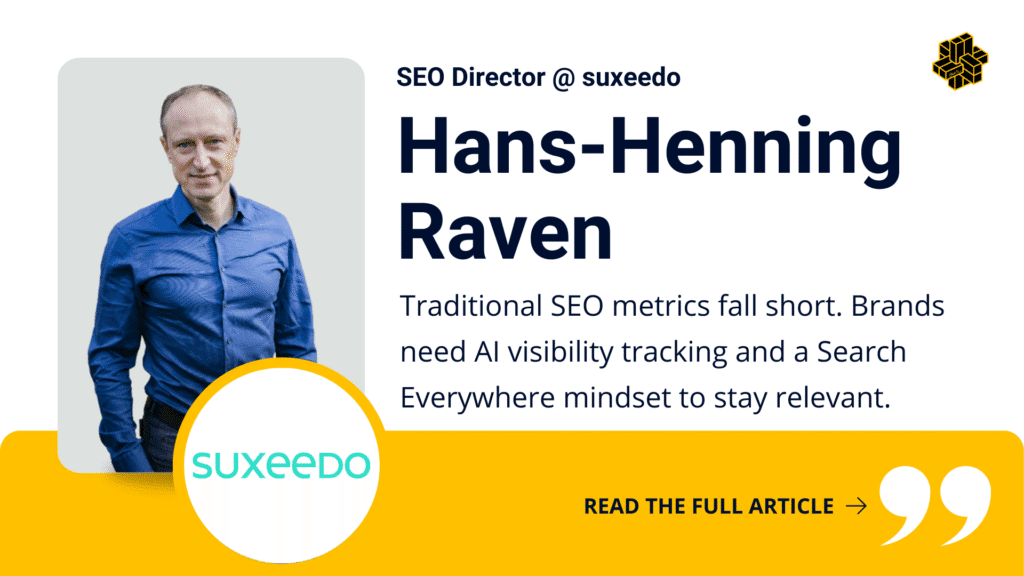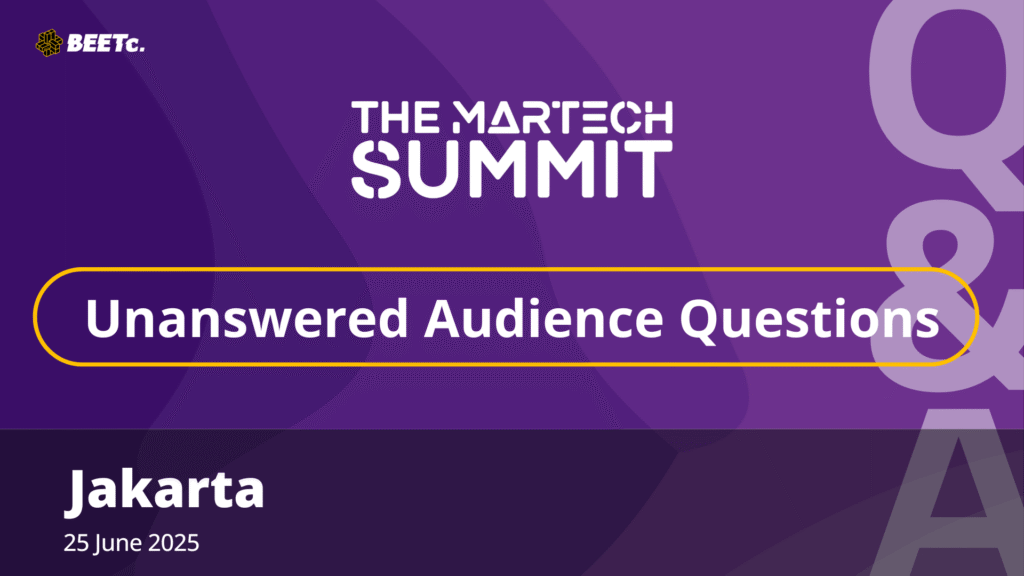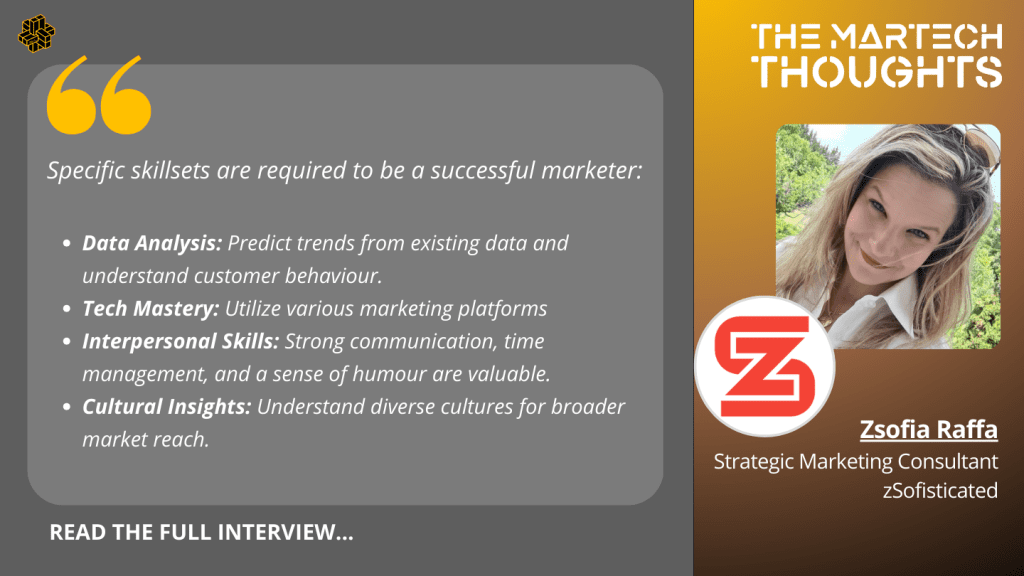
Welcome Zsofia Raffa, Strategic Marketing Consultant, zSofisticated sharing her insights on Marketing, Emerging Technologies & Account Based Marketing, as part of the MarTech Thoughts series.
How do you describe your job to a 5-year-old?
The Digital Whiz.
I love making things fun and exciting, and I bring that energy into my work in marketing. I help companies figure out how to reach people and make their customers happy with their solutions.
I’ve worked with big names like Kodak Alaris, NVIDIA, and Lufthansa. I use social media to find information and create exciting plans that get people interested. I also write articles, blogs, and social media posts to help companies and big leaders look good. I make sure that everything I do is exciting, zSofisticated, and makes people feel good and happy about their decisions.
What is the one marketing platform/app/solution you can’t live without? Why?
My beloved platform is LinkedIn because it provides a window into a worldwide network. It enables connecting with like-minded individuals, creating valuable content, brainstorming on projects, educating others, and acting as a central hub within the network. Social media, and LinkedIn in particular, is an information superhighway, and I am in the fast lane when it comes to leveraging the platform to gain knowledge, build meaningful relationships, and generate business.
At your organisation, what tasks in marketing are good to automate and what tasks still need a human touch?
I see AI as a valuable tool to accelerate our work, but it’s not a magic one-stop-shop. While AI excels at generating content, visuals, and automating tasks, it’s crucial to carefully evaluate outputs. Not all AI-generated content aligns with our audience, so I always review and refine results multiple times before sharing them. Moreover, I also see a big difference when it comes to working with different regions with AI-based marketing projects:
UK:
The UK is embracing AI with enthusiasm! From hilarious deepfakes to practical applications, people are exploring AI’s potential across the board. There’s a buzz around using AI for data crunching, enhancing user experiences, and streamlining sales and customer service.
Germany:
Germany is taking a more cautious approach to AI, prioritizing data privacy and security. However, there’s recognition of AI’s potential to boost efficiency, automate processes, and provide valuable insights. Areas like customer loyalty and lead scoring are seen as promising applications.
What are some of the significant changes to your customer outreach and retention strategies? And how has it impacted the growth plan for upcoming years?
Marketing has rapid and dramatic changes. Driven by AI, technology is developing at a high pace, leading consumers to require more time for decision-making. Content marketing has gained particular prominence in the last two years due to the rise of digital channels revolutionizing outreach. Short video content, influencer marketing, and hyper-personalization are driving our social lives.
I am also working with my clients to enhance retention strategies, as Customer Experience (CX) is the key differentiator in a highly saturated market. Price is no longer the deciding factor; instead, human interactions and a sense of customer appreciation, often fostered through loyalty programs, are crucial. Data analytics and a deep understanding of user behaviour are essential for making informed decisions in this area.
Agility is paramount for growth plans, enabling us to be flexible and respond quickly with well-considered strategies. Digital channels form the core of our go-to-market strategies, with offline meetings potentially playing a supplementary role. This represents a significant shift, particularly in regions like Germany.
How do you see the skillsets needed for the marketing profession changing?
Marketing is no longer solely about creative brainstorming, producing a TV spot, and hoping for the best. Specific skillsets are required to be successful. A shining marketing person should do deep dive into existing data to predict future trends while simultaneously understanding customer behaviour and motivations. Mastering available technology and effectively utilizing various marketing platforms to serve users is essential. Simply possessing a basic understanding of advertising is insufficient. Knowing which data to feed into advertising tools to optimize results is crucial.
Additionally, strong interpersonal skills, time management, and a sense of humour are valuable assets in marketing. Exposure to different cultures to gain insights into their needs or leverage their knowledge in other regions is becoming increasingly important.
Please share with us one of the best campaigns you have seen recently or your all-time favourite campaign, and tell us why.
It was a LinkedIn event to promote our participation in a trade show. We had a 100m² booth shared with four different partners and around 20 international colleagues. Wanting to try something new, I created a LinkedIn event to demonstrate how the team could invite their own partners and prospects. Additionally, one month before the show, I generated several posts and encouraged both internal and external teams to share them daily leading up to the event. This was a valuable learning experience for them in creating posts and gaining confidence on social media.
I provided individual support, sometimes through calls with screen sharing, explaining the process and discussing upcoming activities with partners, who also require active collaboration. Overall, it was a rewarding experience involving numerous people and inviting over 300 users through LinkedIn. My proudest moment came when a chief editor from an industry journal asked me how to replicate the approach. It was incredibly satisfying to create something that excited and inspired others.
What will be the next evolution in marketing technology that we can expect in the coming years?
The next steps in marketing undoubtedly involve addressing the regulation of AI-driven activities, including data privacy and ethical data handling. Additionally, Eco-Friendly Marketing and the strategic use of AI for targeted advertising, rather than indiscriminate online ad campaigns, are crucial. Moreover, the emergence of Metaverse marketing, augmented reality, and virtual reality presents exciting opportunities. Apple’s launch of virtual glasses signals accelerated development in this area.
Can you describe a successful ABM campaign you’ve executed and the key factors that contributed to its success?
A successful ABM campaign hinges on deep understanding of target accounts, delivering highly personalized content across multiple channels, and fostering strong collaboration between sales and marketing. By continuously measuring and optimizing efforts, businesses can achieve significant increases in pipeline, revenue, and customer satisfaction.
Any fun facts about yourself that you want to share?
Grew up in Hungary, travelled around Europe during my university life with a backpack and nowadays I live in Germany. All these cultural experiences enable me to see the bright side of the world and be successful on the international and global levels.
What’s the best advice someone has ever given you?
Don’t expect that everyone has the same enthusiasm for your campaigns as you do. Make everything easy to understand, don’t give a chance to think about solutions, but be precise and give only one option for the user to choose.
Are there any questions you’d like to ask to other MarTech enthusiasts?
Do you also involve assistants and entry level users into your ABM targeting? If so why, if not why not consider them?
A big thank you to Zsofia Raffa, Strategic Marketing Consultant, zSofisticated sharing her insights on Marketing, Emerging Technologies & Account Based Marketing. If you want to connect with Zsofia, feel free to reach out via LinkedIn and Website!
See more MarTech Thoughts interview pieces here!
Last updated: July 2024
